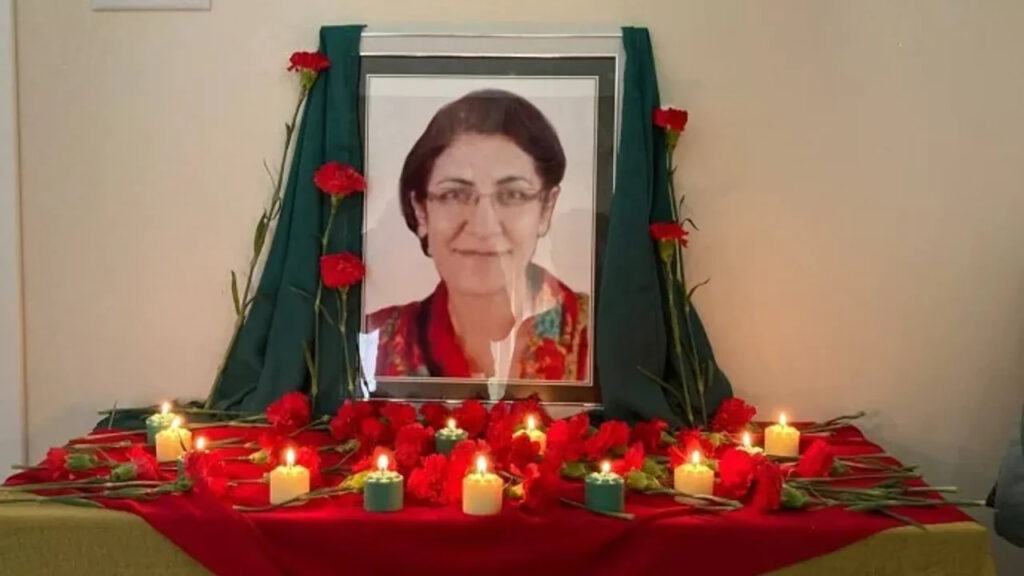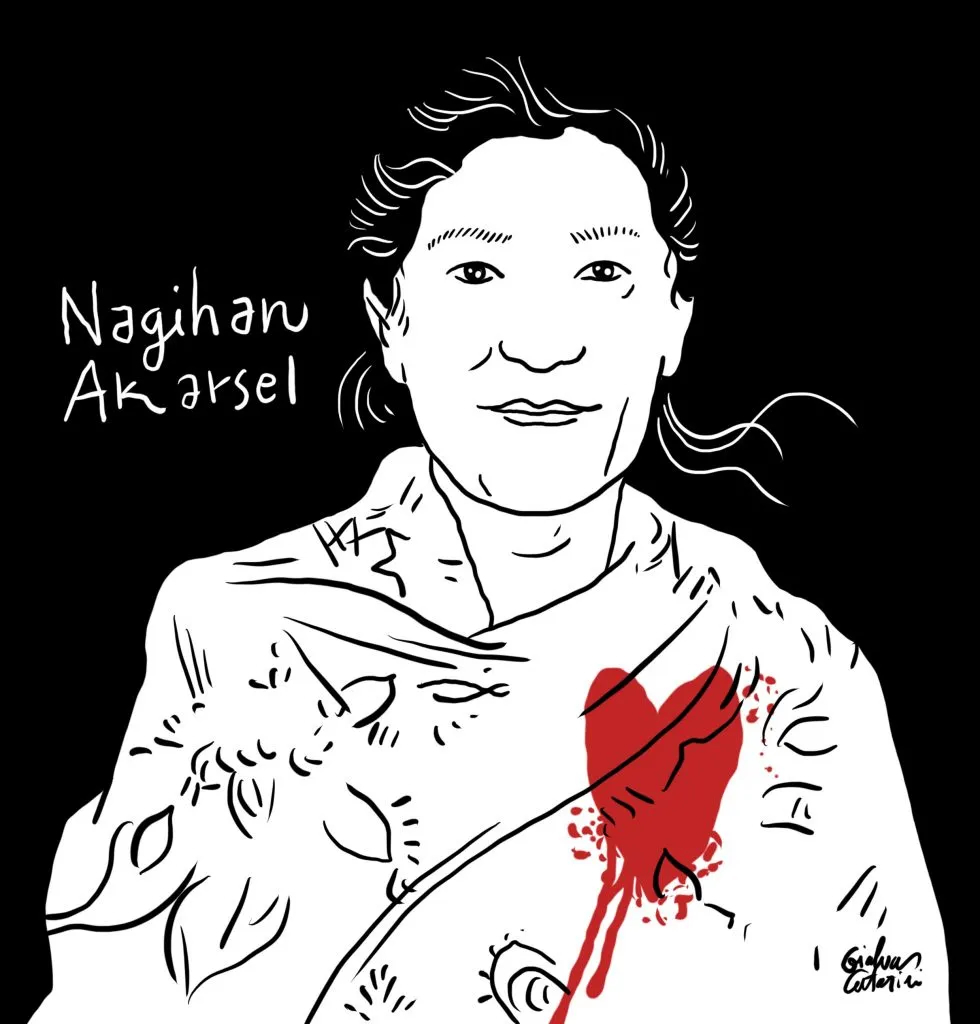On the second anniversary of the murder of Kurdish intellectual Nagihan Akarsel, an international committee took action to prevent further femicides and political assassinations.
The Turkish-Kurdish conflict dates back to 1984, when the PKK, the Kurdistan Workers’ Party, announced a popular uprising against the Ankara government. The response of the Turkish armed forces was violent and, to this day, has resulted in the deaths of more than 50,000 Kurdish civilians and the systematic use of summary executions, torture, forced exodus, destruction of villages, arrests and political assassinations (especially of journalists and activists).
As we reported in the article ‘Kurdistan, the invisible Shoah’, the territory inhabited mostly by Kurds falls under the jurisdiction of Turkey and Iran (where they suffer the worst repression), while in Iraq (Iraqi Kurdistan) and Syria (Rojava) they enjoy strong administrative autonomy.
Kurdish insurgents living in the Republic of Turkey are demanding greater autonomy, as well as recognition of their political, linguistic and cultural rights. However, the conflict does not seem to be subsiding due to the numerous terrorist attacks by the PKK, as well as the Kurds’ recent self-rule in the Syrian and Iraqi provinces, which Turkish Prime Minister Erdoğan considers a serious threat.
Political feminicide as a deterrent measure
In this turbulent context, on 4 October 2022 in Suleymaniyah, Iraqi Kurdistan, Kurdish journalist, feminist and academic Nagihan Akarsel was shot 11 times. She was editor of the magazine Jineology and a member of the Jineolojî Research Centre.
Like the Kurdish guerrilla women who fought and won against ISIS, the activists of the so-called ‘women’s science’ are very scary for the Turks. In fact, Jineolojî represents a fundamental aspect of the Kurdish liberation movement and is an integral part of the politics in Rojava characterised by a real democratisation of society and absolute gender equality applied in all political and social aspects.

Nagihan Akarsel is the fifth Kurdish activist to be murdered in broad daylight in the space of a few months. This is one of the reasons for the creation of the international committee ‘Justice for Nagihan Akarsel’, which together with 150 other organisations has launched an appeal for the perpetrators of these murders to be punished. In fact, the perpetrator has already been identified and sentenced to death. He is a Turkish citizen with a criminal record for violent crimes who, during the trial, admitted to having been trained and paid by the Turkish secret service, which also allegedly supplied him with the murder weapon. Despite these statements implicating the Turkish secret service MIT (Millî İstihbarat Teşkilatı), no action was taken against the instigators.
International mobilisation in support of Kurdish journalists
On the second anniversary of the assassination, the committee ‘Justice for Nagihan Akarsel’ organised an international online event to be held on 13 October 2024, from 13:00 to 15:00 UTC / GMT. To participate, write an email to: justicefornagihanakarsel@gmail.com.
There will be updates on developments in this murder, which cannot be considered an isolated act, but a political crime. To date, no legal or political action has been taken against the Turkish state structures that are the real instigators of this political femicide. It is therefore necessary to maintain international pressure for justice and to prevent further violence.
Indeed, the murder of Nagihan Akarsel is part of a long trail of violence against Kurdish activists and journalists that led to the murders of Sakine Cansiz, Fidan Doğan, Leyla Saylemez, Zeyneb Sarokhan, Gulistan Tara and Hero Bahadin.
The committee reiterates its call on journalists, academics, artists and organisations to publicise the political assassinations, to work together to condemn those responsible for them and to seek to close Iraqi and Syrian airspace to Turkish drones, thus putting an end to Turkey’s illegal attacks and occupation policies in the Kurdish regions of Iraq and Syria.
Complementary activity
Research activity: in addition to the Kurds, identify other peoples who do not have their own nation-state and who, on the contrary, are embedded within the borders of other states.
Objective: to raise awareness of the difference between the concepts of state and nation.
Activity: Students are organised into small groups. Each group looks at one continent and, using Google and other online sources, finds as many peoples as possible who, despite having their own language and/or common history and/or indigenous customs and traditions, are located within a different nation-state.
Exposure: It is useful to check the level of administrative autonomy and civil, religious and linguistic freedoms that these peoples actually enjoy.


